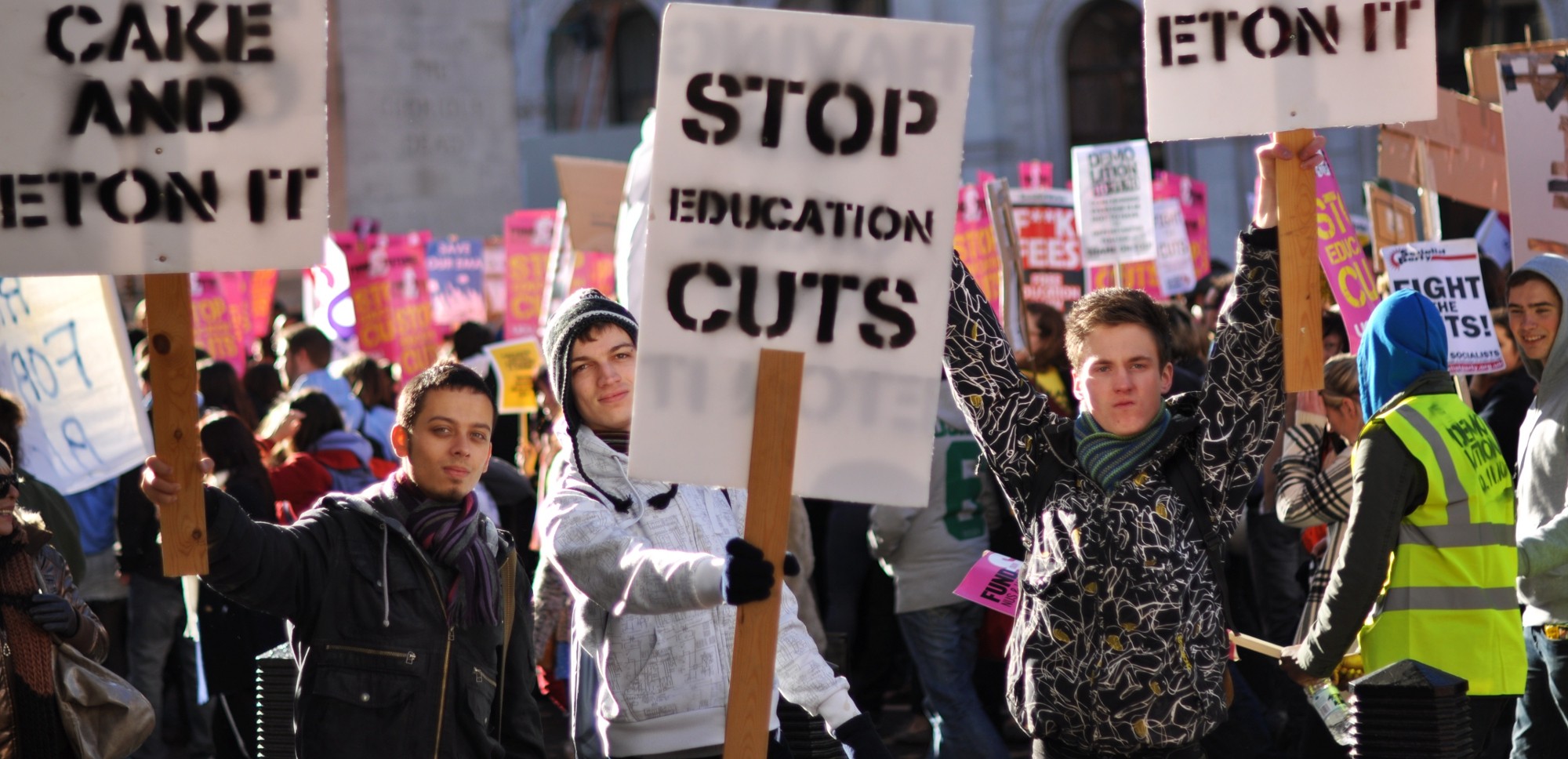Why ending the NSS boycott was the right decision
The general consensus remains clear: university education in this country remains the best in the world. We have the best universities, the most skilled academics and the highest number of working class individuals going to university in the western world; and yet if you listened to many our university system would seem like it resembled a plutocratic travesty befitting of a despotically cruel state. The central aim of university education is to improve the intellectual wellbeing of a population, regardless of the cost.
The government, for all its flaws, have attempted to put this drive towards greater academic quality and student satisfaction at the forefront of its universities policy. Core to this policy is the National Students Survey (NSS) and the linked Teaching Excellence Framework (TEF). I for one am glad that the SU is ending the NSS boycott and will be addressing why, as well as some of the concerns many have.
by ending the NSS boycott, we are becoming part of an environment more conductive to negotiation rather than one of pure righteous indignation
I acknowledge that there are valid concerns with the way the survey operates, but these concerns should not affect the viability of a national survey of students. The NSS seems to be tailored towards the STEM subjects and seems to ignore the subjectivity of teaching within the Social Sciences and Humanities. This understandably would lead to a lower score in the TEF for universities that specialise in Social Sciences and Humanities. However, this is a superficial concern and something that universities, the NUS and the government can solve with negotiation and a clearer understanding of the concerns of all stakeholders involved.
By ending the NSS boycott at Warwick, we are becoming part of an environment more conductive to negotiation rather than one of pure righteous indignation and supposed moral superiority. These concerns about the NSS are correct but they are not terminal. The NSS can, with the help of universities and the NUS, be altered to be more favourable to such concerns.
The way the NSS and TEF can affect student fees is a far more contentious issue but this too is overblown. Many allege that the NSS and TEF are just a means of creating a market for higher education. The TEF grade will allow universities to raise fees from the 2020/21 academic year. If a university achieves a Gold or Silver grade then the university will be able to raise fees by 100% of inflation and universities achieving Bronze will be limited to 50% of inflation. The argument goes that the best universities, such as ours, will raise fees and make high quality institutions out of reach for the poorest in society.
The problem lies not with the absolute value of the fees, but, with the way the government markets this through the Student’s Loan Company
However, there is nothing to suggest that a free-market in education will lead to falling rates of disadvantaged individuals in higher education. That’s what people suggested would happen after the tuition fee cap was raised to £9000, which did not happen. Instead there was an increase in those from the most disadvantaged backgrounds going into higher education. We have to remember that only 25% of people end up completely paying their tuition fees and this number would further decrease if tuition fees were to be increased.
The problem lies not with the absolute value of the fees, but, with the way the government markets this through the Student’s Loan Company. By calling the tuition fee, a ‘loan’, the government are actually doing a disservice to those that are being put off by the fee. As the entire fee is not paid by the vast majority of students, the student loan is actually a ‘graduate tax’. This small distinction would go a long way to ensuring we do not put off the best and the brightest who are from disadvantaged backgrounds from going to university.
The student movement gets a bad press for being, at-times, overtly concerned with matters which lie far beyond our remit. But, by ending the NSS boycott, we have proven that we are concerned with genuinely improving the quality and satisfaction of university education rather than shouting from our morally superior ivory towers. I don’t buy the argument that ‘free education’ is something that we should strive towards. Instead, we need the highest quality education in the world that is accessible to all. The only way this is possible is through ending the NSS boycott and shaping such surveys in a way that is conductive to the aims of the highest quality accessible education.

Comments